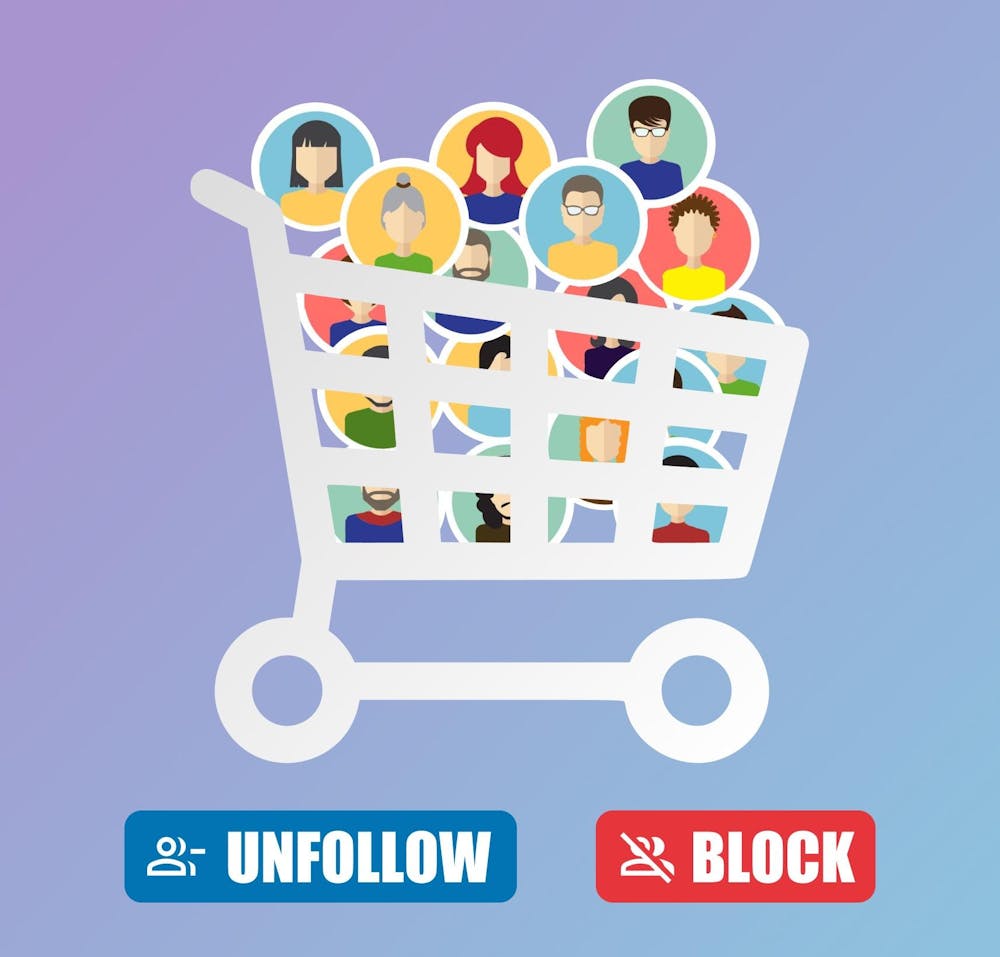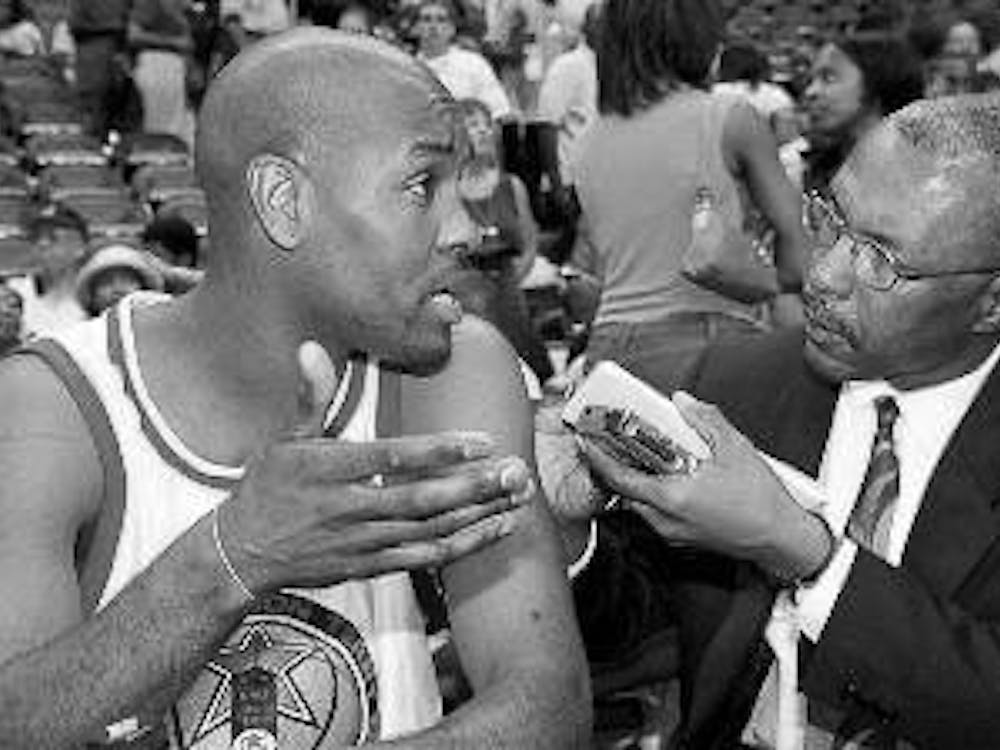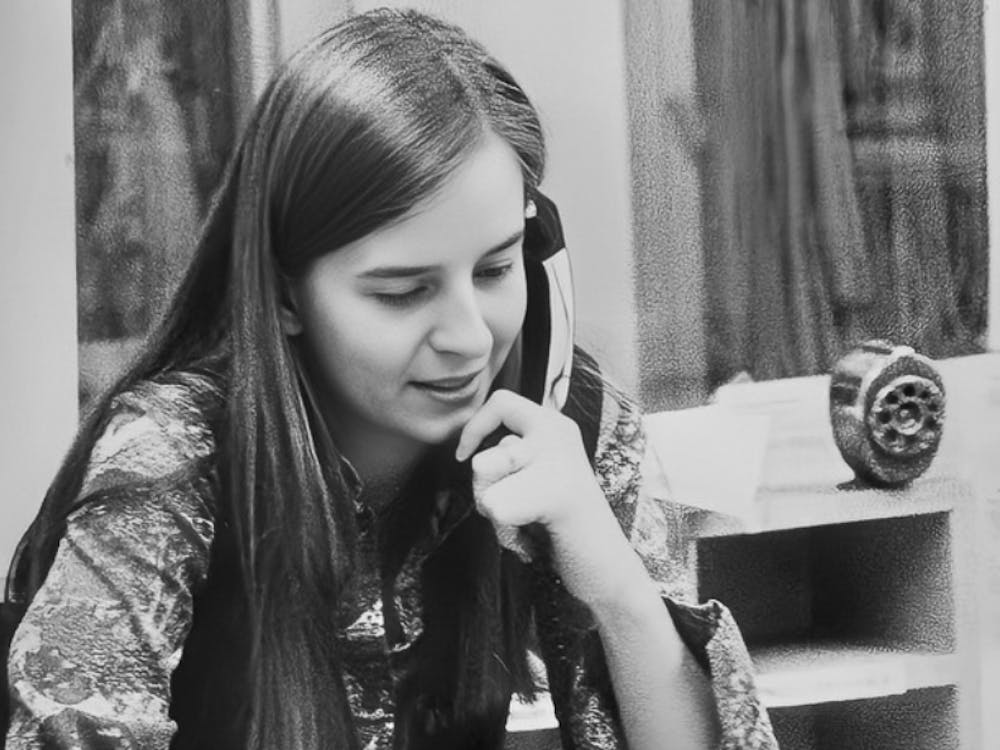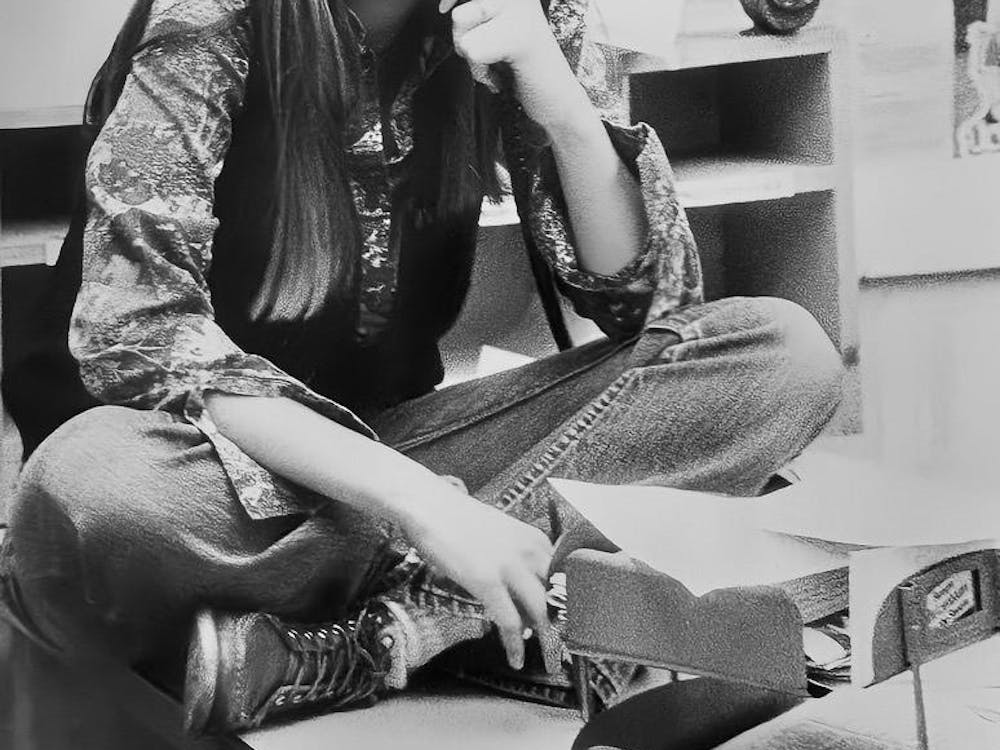I can’t escape social media.
It’s the foundation of classes, where my strategic communication degree requires me to design Instagram campaigns and produce TikTok videos. It’s in my extracurriculars, where my role as PR director and social media manager keeps me thinking about analytics, views and reposts. Even in my job at the newspaper, I find myself scrolling through Yik Yak and university-affiliated accounts, scanning for story ideas.
It’s not inherently bad. I love the creativity that comes with creating social media content. I love finding online communities, new restaurants to try and books to read. But I am constantly aware of the fact that I cannot escape it, that the algorithm is designed to keep me addicted and coming back for more — often at the expense of my own feelings.
Social media algorithms work by exploiting your attention span and making you feel strong emotions. Oftentimes, these emotions are not good, like when they push misleading information that’s more inflammatory, or shove weight-loss products in your face if you linger too long on a supermodel’s post.
Recently, I’ve been trying to combat this with some unconventional methods: mass unfollowings and vigilant, constant shaping of my algorithm.
The first is curating my feed. Quite simply, if I see a video or post that promotes misinformation, unhealthy lifestyle habits or even just plain vitriol, I’m going to block the user or ask the platform not to show me content like it.
The same way I wouldn’t read a book by a problematic author, I have no interest in watching a video that promotes eating disorders, hate, lies or anything of the sort.
Quite simply, I don’t have the energy to listen to another person's bigotry, not when that energy could be put to good use. It’s this line of reasoning that has led me to start unfollowing people, an effort I’ve proudly learned from my dad.
So far, I have unfollowed 53 people this year due to content they’ve reposted, liked or commented on. I refuse to follow celebrities, brands, politicians and influencers — at least on my main account that I use for scrolling.
This might seem harsh, but I am deeply tired of logging on to social media and being assaulted with aspirational images of bodies and faces I’ll never have. I’m tired of feeling horrible over some random high school friend’s world view. If I can keep it off my main page, I will.
It’s not to say that I don’t consume celebrity, political or branded content. I just want to be more intentional about it, and for me, that means not engaging with things that could lead to a rage scroll, even if it’s a personal perspective.
There are two main reasons why I’m even on social media. The first is because it's part of my job in some way or another. I love this aspect because it allows me to be a producer rather than a consumer.
Enjoy what you're reading?
Signup for our newsletter
The other is for fun: I use social media as a place to catch up with those I don’t see too often, grab a few book recommendations and maybe indulge in some gratuitous Carlos Sainz content.
I don’t use it as a place to inform myself of opposing viewpoints and debate the merits of my own.
To be clear, it’s important to be informed. The echo chamber of social media is a very scary place to be, one that we are seeing play out in real time. However, I would much rather inform myself on world events through a variety of fact-checked news articles, context-driven media and my own critical thinking skills, not a flashy soundbite on TikTok.
If I unfollow you because I don’t agree with something you put on your story, I’m simply protecting my own peace.
You’re entitled to your own opinion, but I’m entitled to not hear about it.
Parker Green is a sophomore English and strategic communication major, whose greatest wish is to add more hours in a day. When she’s not doing school, extracurriculars or tour guiding, she’s usually exploring places to eat and generally being a menace to her friends.




